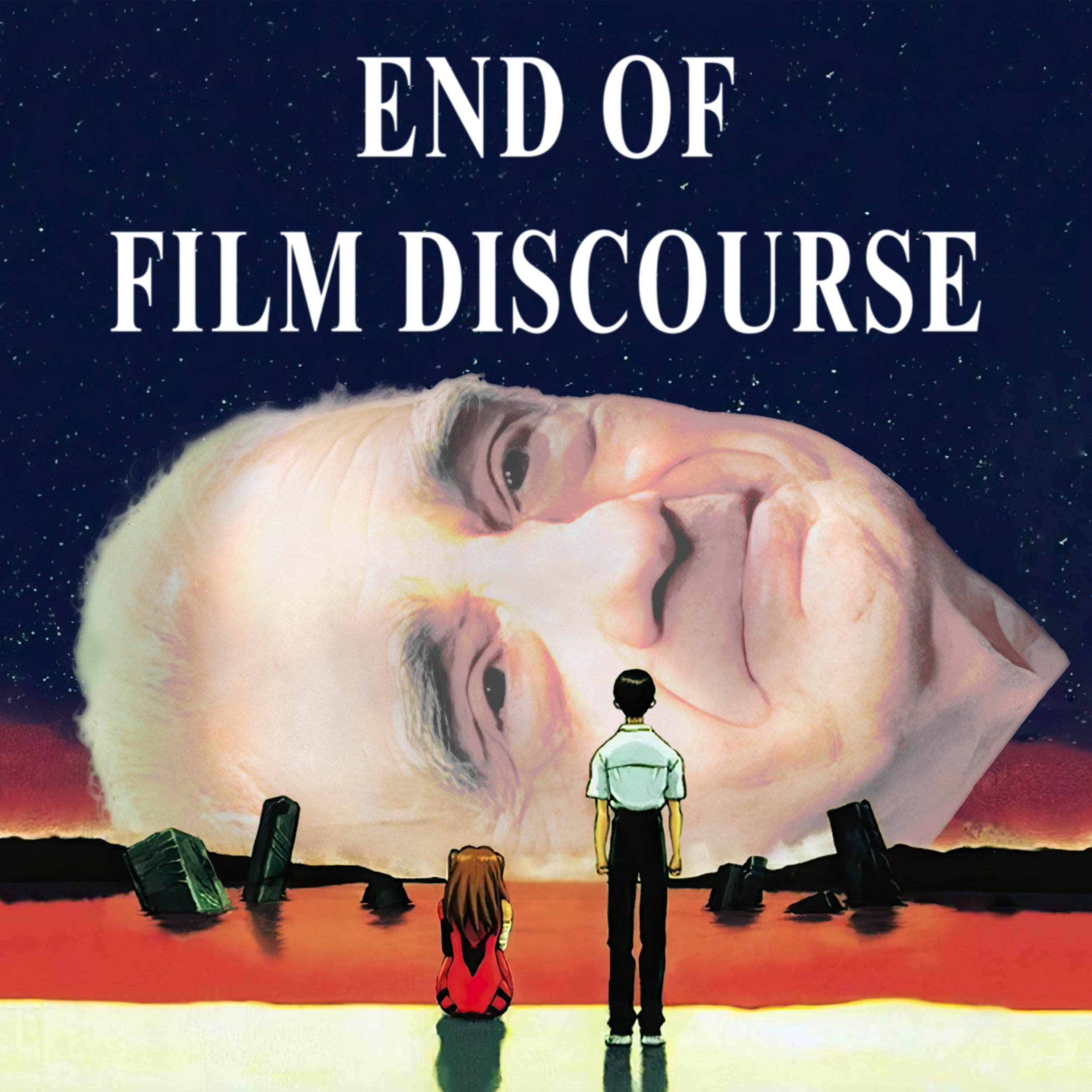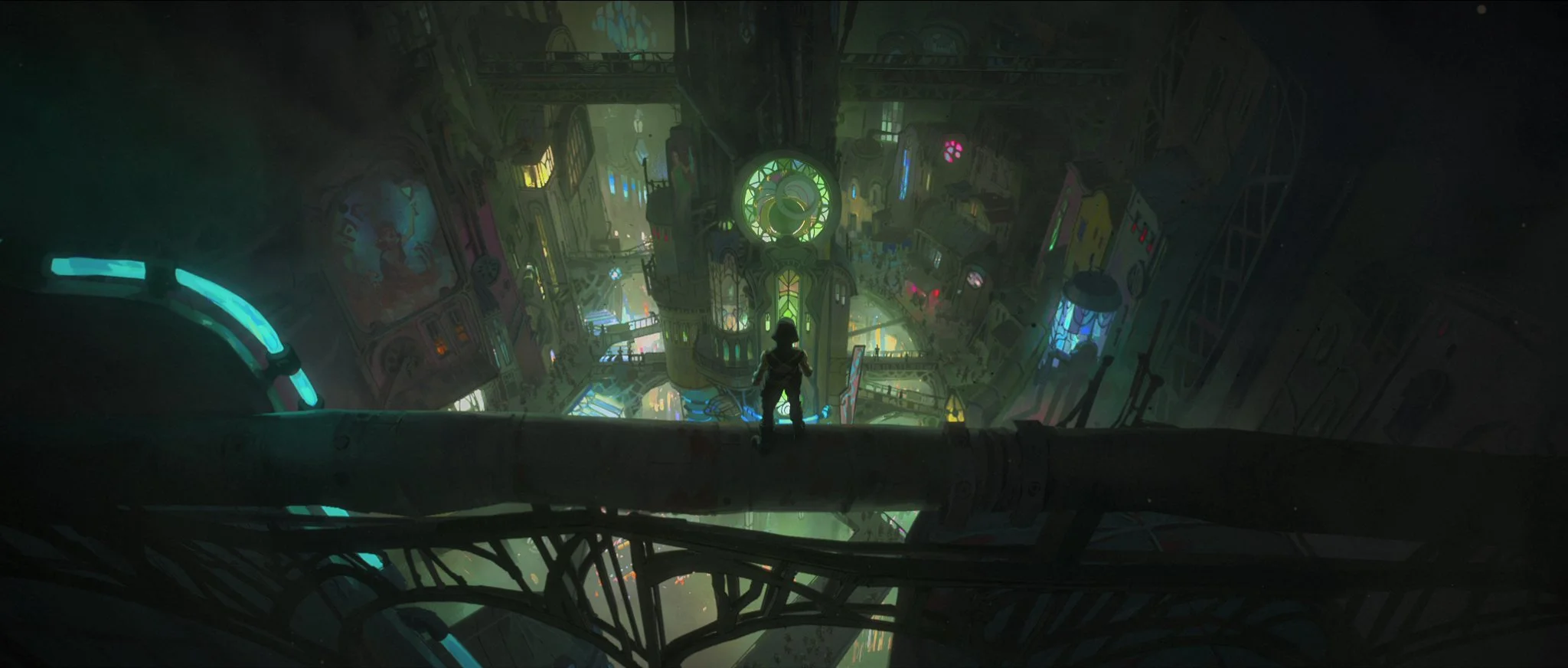A Farewell to Richard Donner
In a rare editorial from The Director, we pay tribute to a Hollywood legend who touched the lives of millions of artists, and holds a special place in our hearts.
It takes a special talent to make the impossible possible. To make people believe a man can fly; that the devil can be an innocent child; that there’s sunken pirate treasure in the middle of Oregon; or that Mel Gibson is an alright guy! All of these sound too good to be true, but in the hands of one man, they were a reality.
Richard Donner wasn’t a full on household name in his lifetime, but the films he made definitely were. Arguably the most famous film of his career was the one that catapulted him to the dizzying highs he’d live out the better part of the 80’s and 90’s with: Superman. In a time where making a film about a character ripped straight from the funny pages just seemed absolutely archaic — the only superhero film that had been attempted at that point was the feature film continuation of the Adam West Batman series, and that was still very seeped in the camp of the television show. Seemingly everyone up top just didn’t have the faith in the film… save for a handful of people. Dick Donner KNEW that a film about the Man of Steel would change the fundamental foundation of blockbusters for years, even in a decade that had seen Star Wars and Jaws just years prior. But he was committed, and with the help of his can-do attitude, he spearheaded the modern superhero film through his passion and hard work: recruiting Mario Puzo (writer of The Godfather), Geoffrey Unsworth (director of photography for Stanley Kubrick’s 2001: A Space Odyssey), and actors like Gene Hackman and Marlon Brando.
With this caliber of talent, most people would crack under the weight given to them; Donner welcomed it. His efforts would lead to probably the quintessential cape film that - even with the sabotage of the studio for the sequel - would inspire generations of filmmakers for years to come, and also ensured his career would be long lasting. Just looking at the back catalogue of films under his belt: The Omen, Lethal Weapons 1-4, The Goonies, Maverick! — you’d think that he was this incredible visionary who people would know the name of forever… but that wasn’t his style.
When it comes to nailing down what exactly made him so special both in his career as well as his life, it’s hard to point to a definitive reason as to WHY he was so beloved. Sure there’s the quality of the films he’s done — I’m almost positive that any one of the films that I’ve mentioned, you - the dear reader - have at least seen ONE OF THEM at some point. And sure, there’s also the fact that he was more or less a journey man filmmaker: he never really quarreled with anyone, and tackled as many projects as he could and really knew how to churn out a film on time and reliably so. But in his career peak, he was overshadowed by the rise of his contemporaries, such as Steven Spielberg, George Lucas, and even Robert Zemeckis.
But as I started reading up on his work and his career… it hit me all at once: it was how nurturing he was for the people in his orbit. Dick Donner was someone who really cared about not only the stories he was telling, but the people in which he was telling the story WITH. You can throw a stone into the wide pond of Tinseltown, and you’ll find a story about either a celebrity or crew member or even a fan who met him, and gushed about how he makes films, and how he looks out for everyone in his crew. From the biggest names out there like Spielberg himself gushing about his time with Donner during the filming of The Goonies, to Edgar Wright’s loving stories of meeting him and his very humble attitude, or even Derek Hoffman (the Vice President of development and production for the family owned The Donner’s Company) recalling the big man himself INSISTING that a crew member leave set to go to his son’s big game, quoted as saying “‘I need you for the rest of the movie, but he needs you today,“ it really goes to show where his heart was at when making films.
And his empathetic attitude and nurturing demeanor would rub off on so many people. Of course, probably one of the biggest names that can be attributed to Dick Donner is that of screenwriter Shane Black, as without him taking a chance on Black’s script following the falling through of Shadow Company, I doubt we would not have stories like The Last Boy Scout, Kiss Kiss Bang Bang, or even The Nice Guys! Even Patty Jenkins, who was clearly inspired by Donner’s filmmaking even going as far back as her breakout film Monster, learned from Donner’s tenderness he brings to the screen. But the biggest name who was inspired and even mentored by him who’s effects can be felt even now… is Kevin Feige! That’s right, the big shot producer who shepherded the biggest pop culture franchise in the history of… ever!… started out as an assistant for his wife Lauren, and became an associate producer during the filming of the Donner produced X-Men.
Of course, I could go on and on about the impact that Donner has on me, as I am a filmmaker myself. I could talk about how Superman was absolutely spellbinding and helped break down the bias I felt against the character until I saw his tender adaptation. I could talk about how The Goonies is a film that I hold to high regard and how every time I watch it, I feel like I’m in second grade again and gives me butterflies in my stomach due to how much it feels like it was made by children FOR children. I could talk about how Lethal Weapon is in my filmmaking bible, and how Donner expertly brought Black’s pulpy script to life with a neo-noir sheen that shaped my sensibilities as a visual storyteller, almost how Guillermo del Toro, Steven Spielberg, and Rian Johnson have done for me…
… but I’m not gonna talk about any of that. Instead, I want to talk about the film he did that personally changed my life during my formative high school years. I want to talk about Scrooged.
Yep… in-between Lethal Weapon 1 and 2, Donner had directed a film that was a modern (at that point) retelling of the Charles Dickens classic Christmas story. To adapt A Christmas Carol in an 80’s context was a tall order, and while I’ll admit that I’m curious how modern generations will take to it as it is admittingly dated to the time period it released, it’s probably my personal favorite film of Donner’s entire filmography.
But why is this film so important to me? Well, its all due to the climactic final scene with Bill Murray’s Frank Cross declaring his renewed love for life and humanity.
I can’t explain it completely - though I’ll try - but there was such a pure, raw emotion in the scene that just spoke to me at that point. In these years, I was a very cynical and dour kid, who was just a huge downer and didn’t believe in the good of people. I’ll admit, what didn’t help matters was living in a household that was constantly cynical and dour. My folks were never really optimists, and it was easy to see why when you take a peek into the lives they’ve lived. Both my mother and grandmother were faced with hardships, shortcomings, and regrets that they carry with them for the rest of their lives. But despite all of this… they still loved to be entertained. If it wasn’t for them showing me the entertainment they grew up with and introducing me to the world of film through their massive catalogue of films, I never would’ve been The Director you read before you today!
And despite all the doom and gloom they’d regularly watch, read, and see on the news… every December, since we got the DVD copy back in the early aughts, we’d gather ‘round and watch Scrooged just in time for the holiday season. During my formative years, I just always assumed it was like a sequel to Ghostbusters (a confusion that I found out later some people shared back in the 80’s as well), and while I liked it, it never really registered with me on a profound level. Even when I was a teenager, I was in that phase where I just didn’t want to watch and like the stuff my folks liked because… ew, am I right?
But there was a point where I watched it, and when I did, seeing Bill Murray’s very emotional performance as he breaks down about how you want to be greedy for the feeling of goodwill you feel during the holidays ALL the time? I have to admit, whenever I see the finale of Scrooged, I break out into tears now.
It’s a beautiful scene, and who better to sell it than the living embodiment of a grumpy teddy bear Bill Murray? It was exactly what I needed to hear at that point… it was the thing that kicked my ass into high gear and taught me to not see the world through a black and white lens. While I can’t say that I’m optimistic 100% of the time, I still take it day by day and hope for the best out of people.
While this probably sounds like a random divergence from the life and accomplishments of a legendary filmmaker, I think if anything, this scene feels like the culmination of everything he’s done in his life. Far too often, we see stories of filmmakers who abuse their power or create toxic work environments. It’s sadly become incredibly rare to hear stories of nice people in the industry who make people happy and inspire, but Richard Donner was one of the rare individuals who created this environment of positivity, and even brought that into his films. From the cozy feeling of Christopher Reeve smiling at the camera as he flies into space, to Murtaugh inviting Riggs in for Trish’s Christmas dinner, to the Goonies finding One Eyed Willy’s treasure so they can afford to stay in their neighborhood. There’s a beautiful sincerity in all his films, and that can literally break down walls and change people’s lives.
That’s what made Richard Donner so special. In the world of movie magic, he was one of the greatest magicians. He made the impossible, possible.



















For the past several days, I’ve wondered how to approach the dismantling of Game Informer magazine, as well as its website and social media presence, by GameStop management. After 33 years of publishing, the entire editorial and design team was laid off on Friday, August 2, and the website was gutted and turned into a single landing page. While the demise of yet another pillar of print publications in the video game space is not unexpected news in this era of the internet, I’d still like to take a look back at Game Informer’s history, what it means to me, and how much it meant to the industry at large.